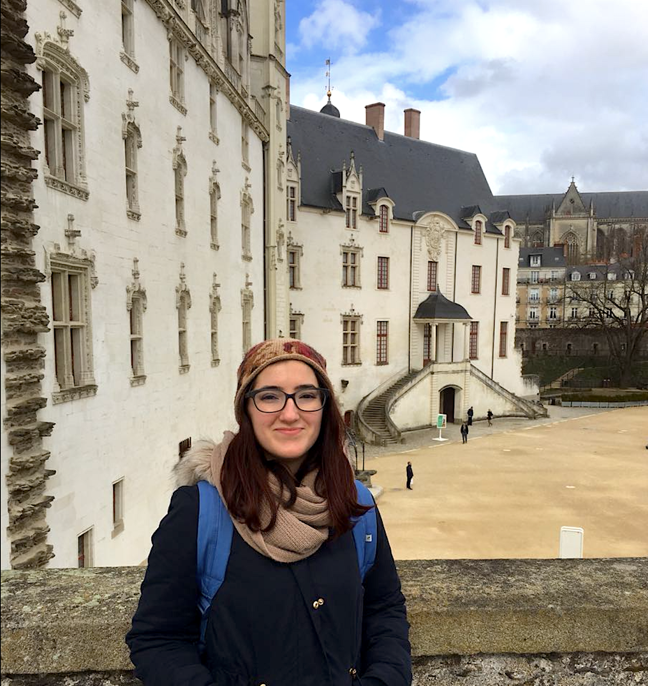Pınar Çakılkaya
 Name: Pınar Çakılkaya
Name: Pınar Çakılkaya
Nationality: Turkish
Academic Background:
B.Sc. in Bioengineering, Ege University
M.Sc. in Nanomedicine for Drug Delivery, Paris Descartes University
Project Title: The collagen receptor uPARAP/Endo180 as a potential target for antibody-drug-conjugates in the treatment of mesothelioma
Project Background? Malignant mesothelioma (MM) is an aggressive cancer type originating in the thin layer of tissue that covers many of the internal organs: mesothelium. The average survival rate is up to 20 months after the diagnosis, and the current treatments fail to provide long-term survival for the MM patients. The collagen receptor, uPARAP/Endo180, is involved in cancer mechanisms such as collagen turnover, matrix degradation, and invasion. We have preliminary data that this receptor is strongly expressed in MM. Our research group studied uPARAP/Endo180 extensively and developed antibody-drug conjugates (ADCs) against this receptor and characterized them. Based on its potential, we will be investigating the treatment options of mesothelioma using uPARAP-directed ADCs at the level of cell culture and mouse models. Human mesothelioma specimens will be examined for uPARAP expression, the degree of heterogeneity, and any correlation with defined mesothelioma subtypes. Another strategy based on targeting uPARAP-expressing, cancer-associated fibroblasts (CAFs) will also be studied in this project.
Project Aim: The overall aim of the project is to develop a treatment modality for mesothelioma by target-specific drug delivery. The strategy includes the collagen receptor uPARAP/Endo180 to be studied in human mesothelioma specimens as a cancer target and the development of antibody-drug conjugates (ADCs) and their application at the level of human specimens, cell culture models and pre-clinical mouse models.
Expected Outcome: We think our findings will shed light on the uPARAP/Endo180 receptor system in a poorly known cancer type. It will investigate novel means of targeted therapy and lead to knowledge regarding the therapeutic aspects of the tumor-stroma interplay that may be extrapolated to other cancer types.
Contact: p.cakilkaya@bric.ku.dk
